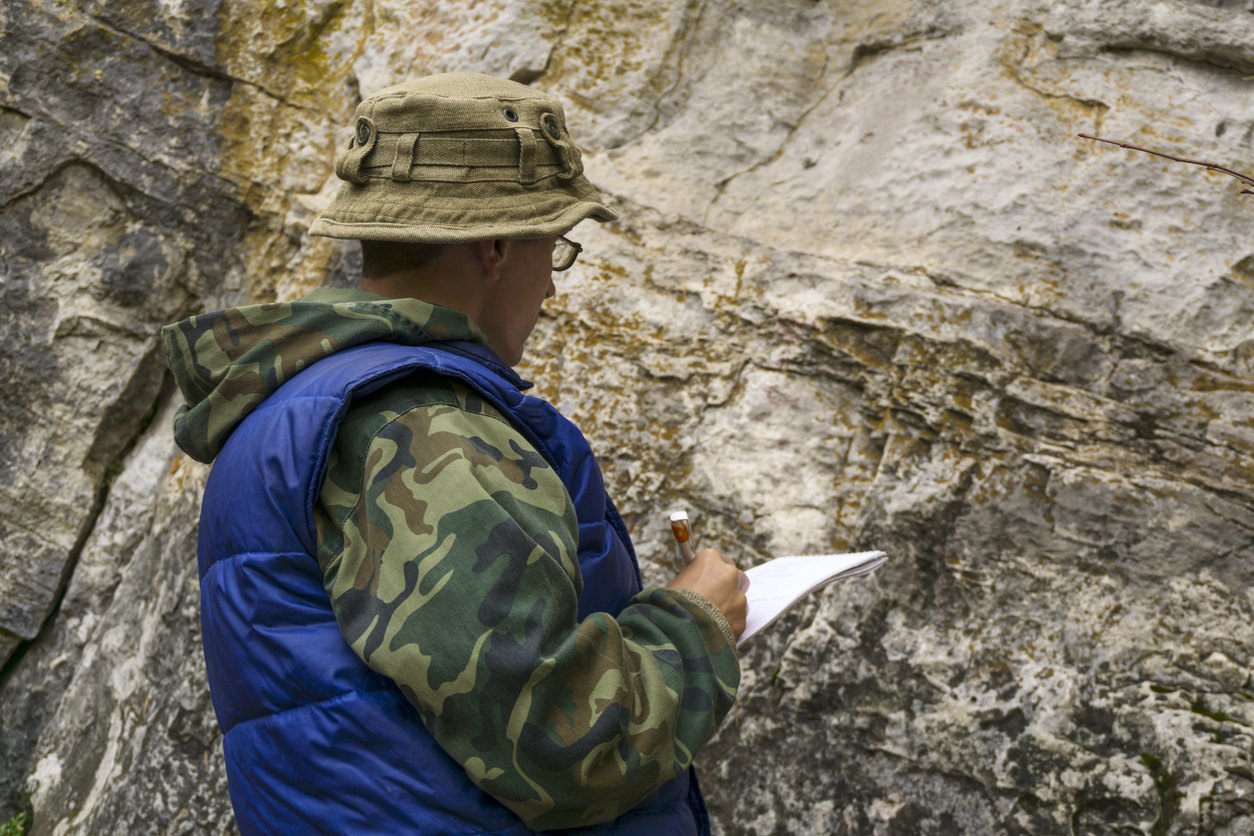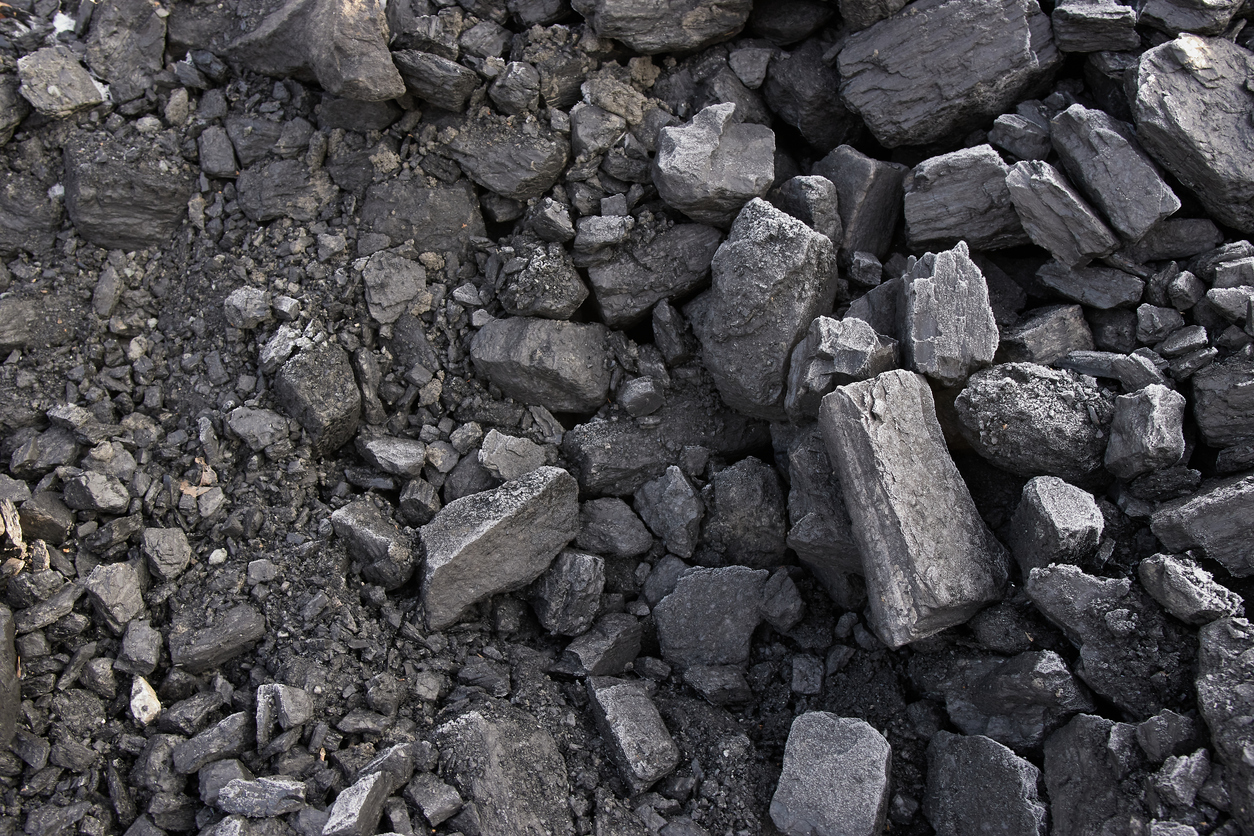Where Can a Geologist Work? Exploring Career Opportunities
Geology is a versatile field that studies the Earth, its materials, processes, and history. For professionals in geology, career opportunities span multiple industries, offering roles in research, exploration, and environmental management. Understanding where a geologist can work helps students, professionals, and companies like Wigmore Trading connect with the right talent for resource and environmental projects.
Mining and Mineral Exploration
One of the most common sectors for geologists is mining and mineral exploration. Geologists in this field locate, evaluate, and develop mineral resources such as gold, diamonds, iron, and copper. Their expertise is crucial in assessing geological formations, predicting mineral deposits, and ensuring safe and efficient extraction methods.
Wigmore Trading can help businesses in mineral sourcing by connecting them with geologists who provide accurate exploration assessments, ensuring resource procurement aligns with industry standards.
Oil and Gas Industry
The petroleum sector relies heavily on geologists for exploration and production. Petroleum geologists analyze subsurface formations to locate oil and natural gas deposits. They work closely with engineers to plan drilling operations and manage reservoirs efficiently.
Companies in Nigeria and across Africa often partner with geologists to enhance extraction strategies. Get in touch with our team to learn more about connecting with qualified geologists for oil and gas projects.
Environmental and Urban Planning
Environmental geology is another growing field where geologists apply their knowledge to solve ecological and urban challenges. They assess soil stability, study erosion patterns, manage waste, and help plan sustainable infrastructure projects.
Geologists play a vital role in minimizing environmental impact, advising on construction projects, and ensuring compliance with environmental regulations. Contact Wigmore Trading today to streamline your sourcing of skilled environmental geologists.
Water Resource Management
Water resource management is critical in regions facing water scarcity. Hydrogeologists focus on groundwater availability, contamination prevention, and sustainable water supply strategies.
Organizations engaged in water management or irrigation projects often require geologists to evaluate aquifers and design water solutions that meet both industrial and community needs.
Academia and Research
For those passionate about education and research, universities and research institutions provide opportunities for geologists to teach, mentor, and conduct studies on Earth sciences. They contribute to scientific knowledge while training the next generation of geologists.
Research roles often involve publishing findings, analyzing geological data, and collaborating with industries like mining and environmental consulting to apply scientific insights practically.
Government Agencies and Policy
Governments hire geologists to support environmental policy, natural disaster management, and resource regulation. Roles may include geological surveyors, hazard analysts, or policy advisors.
Geologists in public service help monitor land use, assess risks of earthquakes or landslides, and ensure sustainable management of natural resources.
Geotechnical Engineering
Geologists working in geotechnical engineering analyze soil and rock properties to support construction projects, including roads, bridges, and tunnels. Their assessments prevent structural failures and optimize design strategies.
This collaboration between geologists and civil engineers ensures safer, cost-effective, and sustainable infrastructure development.
Corporate and Consultancy Roles
Increasingly, geologists are employed in corporate settings or consulting firms, offering expertise for projects across sectors like energy, construction, and environmental management. These roles often involve project management, data analysis, and regulatory compliance.
Wigmore Trading can assist companies in sourcing experienced geologists who bring value through strategic insights and practical solutions.
Freelancing and Remote Opportunities
With digital tools, some geologists offer consulting services remotely. They analyze satellite imagery, provide environmental assessments, and advise clients worldwide. Freelancing allows geologists flexibility while addressing diverse projects across industries.
Conclusion
The career paths for geologists are diverse, spanning mining, oil and gas, environmental management, water resources, academia, government, engineering, corporate consulting, and freelance opportunities. By understanding where geologists work, businesses can strategically engage professionals who provide expertise, ensure sustainable practices, and drive industry success.
Wigmore Trading can help organizations connect with skilled geologists to enhance project outcomes and ensure effective resource management.








Comments are closed.